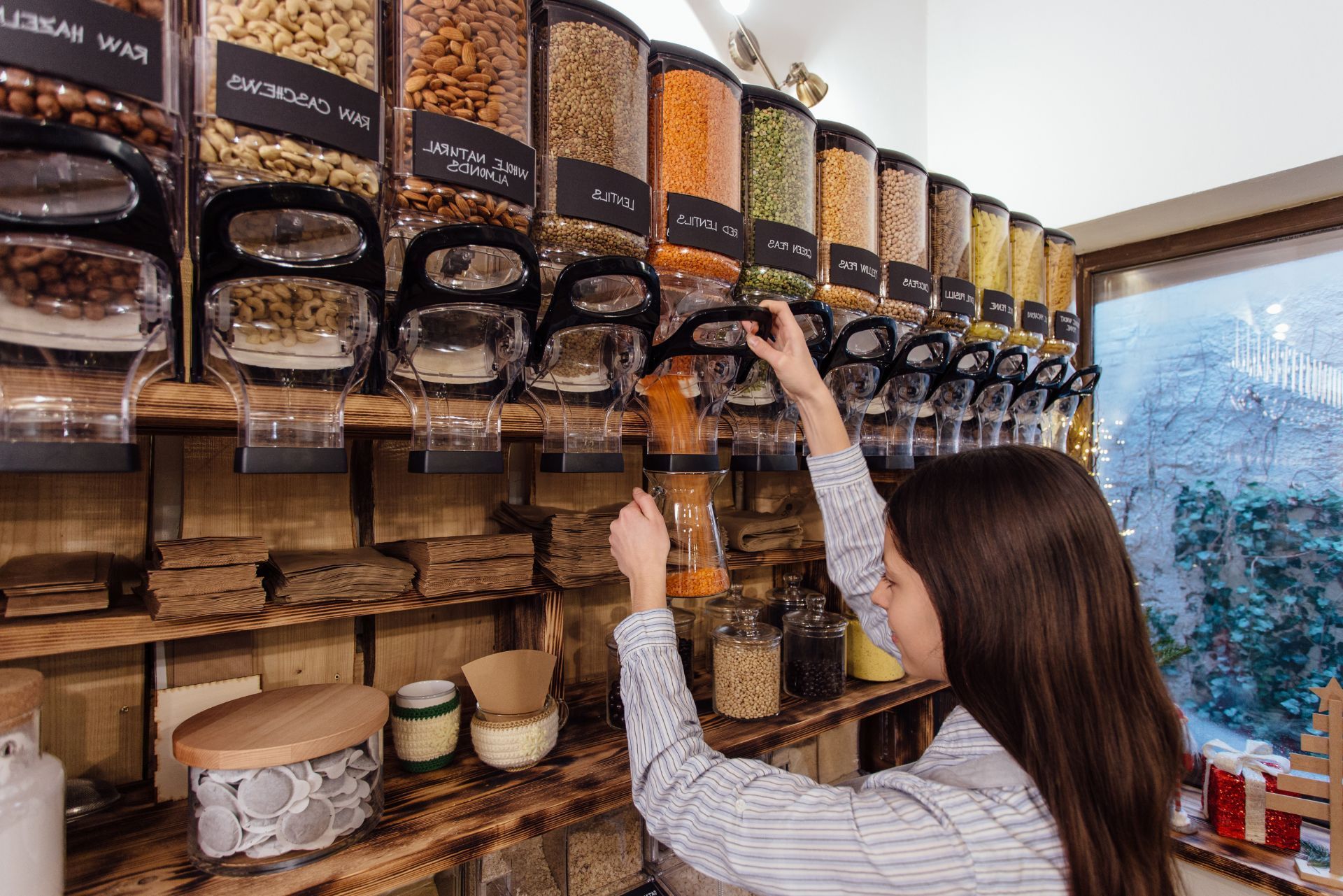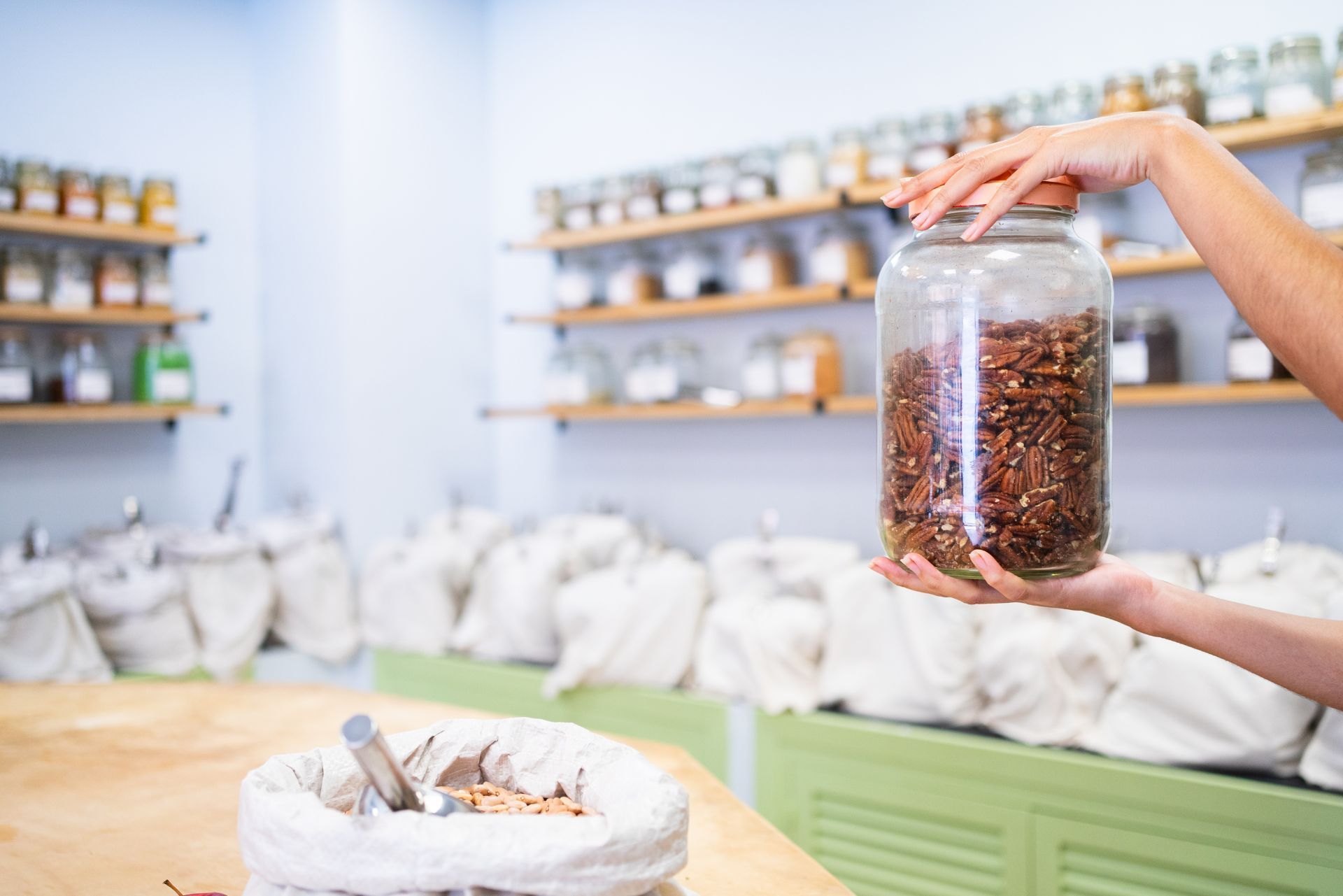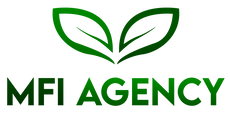
Top 3 Recommended Policies

Operating a feed store in Texas comes with its unique set of challenges and responsibilities. One of the most crucial aspects of running such a business is ensuring that it is adequately protected against potential risks. This is where feed store insurance comes into play. Understanding the various types of insurance available, the specific needs of your business, and how to choose the right coverage can make a significant difference in safeguarding your investment. This article will delve into the essentials of Texas feed store insurance, providing you with everything you need to know.
Understanding Feed Store Insurance
Feed store insurance is designed to protect businesses that sell animal feed, supplies, and related products. This type of insurance encompasses various coverage options tailored to the unique risks associated with the agricultural retail sector. Given the nature of the products sold and the clientele served, feed store insurance is essential for safeguarding both the business and its customers.
What Does Feed Store Insurance Cover?
Feed store insurance typically includes several key coverage areas:
- General Liability Insurance: This protects against claims of bodily injury or property damage that may occur on your premises or as a result of your business operations.
- Property Insurance: This covers damage to your physical storefront, inventory, and equipment due to events like fires, theft, or natural disasters.
- Product Liability Insurance: If a product sold in your store causes harm to a customer or their animals, this coverage can help protect you from legal claims.
In addition to these primary coverages, feed store owners may also consider specialized policies that address specific risks, such as crop insurance or livestock coverage, depending on the nature of their operations. For instance, if a feed store also sells fertilizers or pesticides, having environmental liability insurance could be crucial to cover potential claims related to pollution or contamination. Furthermore, business interruption insurance can provide vital financial support if unforeseen events lead to temporary closures, ensuring that the store can continue to meet its financial obligations even during challenging times.
Why is Insurance Important for Feed Stores?
The agricultural sector can be unpredictable, with various factors influencing the safety and success of feed stores. Having the right insurance in place not only protects the business financially but also provides peace of mind. Here are a few reasons why insurance is essential:
- Financial Protection: In the event of a lawsuit or significant loss, insurance can help cover costs that could otherwise devastate a small business.
- Compliance with Regulations: Certain types of insurance may be required by law or by suppliers, ensuring that your business remains compliant.
- Reputation Management: Having insurance can help manage your store's reputation, as it shows customers and partners that you are responsible and prepared for unforeseen events.
Moreover, insurance can also enhance customer trust and loyalty. When customers see that a feed store is adequately insured, they may feel more confident in their purchases, knowing that the store is committed to quality and safety. This can be particularly important in the agricultural sector, where the health and well-being of animals are paramount. Additionally, having a solid insurance policy can facilitate better relationships with suppliers and vendors, as they often prefer to work with businesses that have adequate risk management strategies in place. This can lead to better terms and conditions, ultimately benefiting the feed store’s bottom line.

Types of Insurance for Feed Stores
When considering insurance options for a feed store, it’s essential to understand the different types available. Each type serves a specific purpose and addresses various risks associated with running a feed store.
General Liability Insurance
General liability insurance is a fundamental coverage for any business, including feed stores. It protects against claims of bodily injury or property damage that may occur on your premises. For example, if a customer slips and falls in your store, this insurance can help cover medical expenses and legal fees.
Additionally, this coverage can extend to incidents that occur off-site, such as damage caused by a delivery vehicle. It's crucial for feed store owners to evaluate their general liability needs based on foot traffic, the nature of their products, and potential hazards in and around their store. Regularly reviewing and updating this insurance can help ensure that coverage remains adequate as the business grows and changes.
Property Insurance
Property insurance is vital for protecting the physical assets of a feed store. This includes coverage for the building itself, inventory, equipment, and other property owned by the business. In Texas, where severe weather events like hurricanes and tornadoes can occur, having robust property insurance is essential.
When selecting property insurance, feed store owners should take inventory of their assets and consider factors such as location, building materials, and the value of their stock. This will help in determining the appropriate level of coverage needed to fully protect the business. Furthermore, it’s wise to include coverage for business interruption, which can provide financial support during times when the store may be temporarily closed due to damage or repairs.
Product Liability Insurance
Product liability insurance is particularly important for feed stores that sell animal feed and related products. If a product sold in your store causes harm to a customer or their livestock, this insurance can help cover legal costs and settlements.
Feed store owners should be aware of the potential risks associated with the products they sell. This includes ensuring that all products meet safety standards and are properly labeled. Having product liability insurance can provide crucial financial protection in the event of a claim. Additionally, it’s beneficial for owners to establish strong relationships with suppliers to ensure that the products they stock are of high quality and compliant with regulations, further mitigating risks associated with product liability.
In addition to the core types of insurance, feed store owners may want to consider additional coverage options that can provide further protection against specific risks.
Workers' Compensation Insurance
If your feed store employs staff, workers' compensation insurance is essential. This coverage provides benefits to employees who may suffer work-related injuries or illnesses. In Texas, while not required for all businesses, it is highly recommended to protect both the employees and the employer from potential lawsuits.
Workers' compensation can cover medical expenses, lost wages, and rehabilitation costs, ensuring that employees are taken care of in the event of an accident. This not only fosters a safe work environment but also contributes to employee satisfaction and retention. Additionally, many insurance providers offer resources for workplace safety training, which can help reduce the likelihood of accidents and promote a culture of safety within the organization.
Business Interruption Insurance
Business interruption insurance is designed to cover lost income during periods when a feed store cannot operate due to a covered event, such as a fire or natural disaster. This type of insurance can help cover ongoing expenses, such as rent and utilities, while the business is temporarily closed.
For feed store owners, this coverage can be a lifesaver in maintaining financial stability during unforeseen circumstances. It is essential to evaluate the potential risks and the impact they could have on business operations when considering this insurance option. Furthermore, some policies may also cover additional expenses incurred while trying to resume operations, such as renting temporary facilities or equipment, which can be invaluable during recovery efforts.
Commercial Auto Insurance
If your feed store uses vehicles for deliveries or transportation, commercial auto insurance is necessary. This coverage protects against accidents and damages involving company vehicles, providing liability coverage as well as protection for the vehicle itself.
Feed store owners should assess their vehicle usage and ensure that they have adequate coverage to protect against potential accidents. This includes considering the number of vehicles, their value, and the driving habits of employees. Moreover, it’s wise to explore options for comprehensive coverage that can protect against theft, vandalism, and weather-related damages, which are particularly relevant for businesses that rely on transporting goods over long distances or in varying conditions. Additionally, implementing a driver safety program can not only reduce insurance premiums but also enhance the overall safety of your delivery operations.
Choosing the Right Insurance Provider
Selecting the right insurance provider is a critical step in ensuring that your feed store is adequately protected. Here are some key factors to consider when making your choice:
Experience in the Agricultural Sector
When looking for an insurance provider, it’s beneficial to choose one with experience in the agricultural sector. Providers familiar with the unique challenges and risks associated with feed stores will be better equipped to offer tailored coverage options.
Researching potential providers and their track records can help ensure that you are working with a company that understands your business needs. Look for reviews and testimonials from other feed store owners to gauge their satisfaction with the provider's services. Additionally, consider whether the provider has experience with specific types of feed or livestock, as this can further enhance their ability to offer relevant coverage. Engaging in conversations with local agricultural associations can also provide insights into which providers are highly regarded within the community.
Comprehensive Coverage Options
Not all insurance providers offer the same coverage options. It’s essential to find a provider that offers comprehensive policies that can be customized to fit the specific needs of your feed store. This may include bundling different types of coverage for cost savings and convenience.
Evaluate the various policies offered and discuss your unique business risks with potential providers. This will help you identify the best coverage options available. For instance, consider whether the provider offers specialized coverage for inventory loss due to spoilage or theft, as well as liability coverage for accidents that may occur on your premises. Understanding the nuances of these policies can empower you to make informed decisions that protect your business effectively.
Customer Service and Support
Insurance can be complex, and having access to knowledgeable customer service is crucial. When selecting an insurance provider, consider their level of customer support and responsiveness. A provider that offers dedicated agents and easy access to assistance can make navigating your insurance needs much more manageable.
Additionally, inquire about the claims process and how the provider handles claims. A smooth and efficient claims process can significantly impact your experience during a stressful time. It may also be worthwhile to ask about the availability of online resources, such as a customer portal where you can manage your policy, submit claims, and access important documents. This digital convenience can save you time and provide peace of mind, knowing that help is just a click away. Furthermore, consider whether the provider offers educational resources or workshops that can help you better understand your coverage and stay informed about changes in the insurance landscape that may affect your business.
Cost of Feed Store Insurance
The cost of feed store insurance can vary significantly based on several factors, including the size of the business, location, and the types of coverage selected. Understanding these factors can help feed store owners budget for their insurance needs effectively.
Factors Influencing Insurance Costs
- Business Size: Larger businesses with more employees and higher inventory values typically pay higher premiums.
- Location: Areas prone to natural disasters or higher crime rates may result in increased insurance costs.
- Coverage Types: The more comprehensive the coverage, the higher the premium. Customizing coverage to fit your specific needs can help manage costs.
Ways to Save on Insurance Premiums
While insurance is a necessary expense, there are ways to potentially lower premiums:
- Bundle Policies: Many providers offer discounts for bundling multiple policies, such as general liability and property insurance.
- Increase Deductibles: Opting for a higher deductible can lower your premium, but it’s essential to ensure that you can afford the deductible in the event of a claim.
- Maintain a Safe Environment: Implementing safety measures and training employees can reduce the likelihood of accidents, potentially leading to lower premiums.

Common Misconceptions About Feed Store Insurance
There are several misconceptions surrounding feed store insurance that can lead to misunderstandings and inadequate coverage. Addressing these misconceptions is vital for feed store owners to ensure they are properly protected.
“I Don’t Need Insurance Because I’m Small”
Many small business owners believe that their size exempts them from needing insurance. However, even small feed stores face risks that can lead to significant financial losses. Accidents can happen, and having insurance is crucial for safeguarding the business.
“All Insurance Policies Are the Same”
Another common misconception is that all insurance policies offer the same coverage. In reality, policies can vary greatly in terms of coverage limits, exclusions, and premiums. It’s essential for feed store owners to carefully review and compare policies to find the best fit for their specific needs.
“I Can Wait to Get Insurance”
Some business owners may think they can delay purchasing insurance until they are more established. However, this can be a risky decision. Accidents and unforeseen events can happen at any time, and having insurance in place from the start is crucial for protecting the business and its assets.
Conclusion
Texas feed store insurance is a vital component of running a successful agricultural retail business. Understanding the various types of coverage available, the importance of insurance, and how to choose the right provider can help protect your investment and ensure the longevity of your business.
By taking the time to evaluate your specific needs and exploring the options available, feed store owners can make informed decisions that provide peace of mind and financial security. Whether it’s general liability, property insurance, or specialized coverage, the right insurance can make all the difference in navigating the challenges of the feed retail industry.
Ultimately, investing in comprehensive insurance coverage is not just about protecting your business; it’s about safeguarding your livelihood and the livelihoods of those who depend on your feed store. With the right insurance in place, you can focus on what you do best—serving your customers and supporting the agricultural community in Texas.
Contact Us

